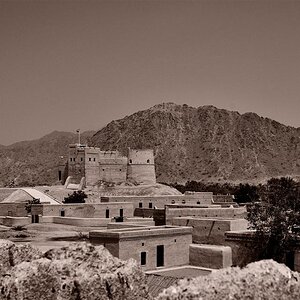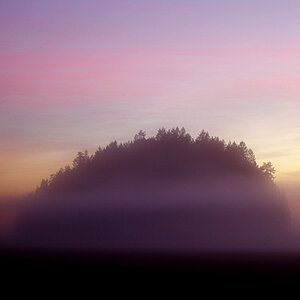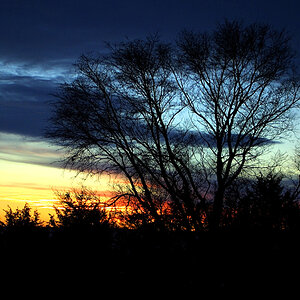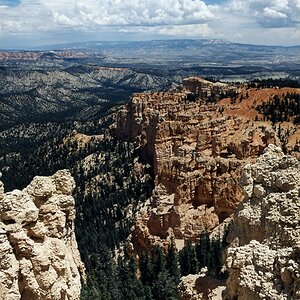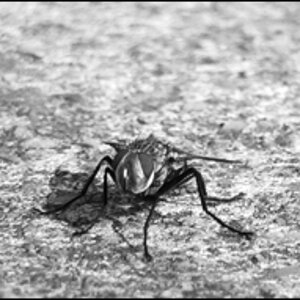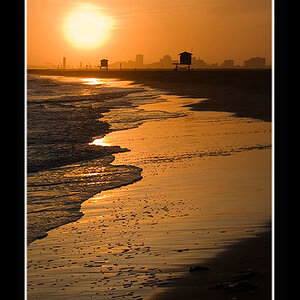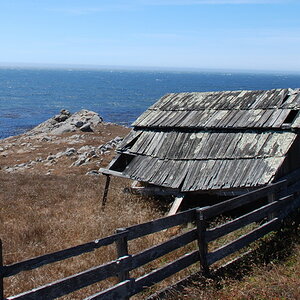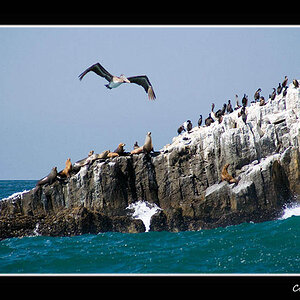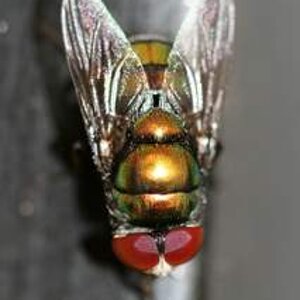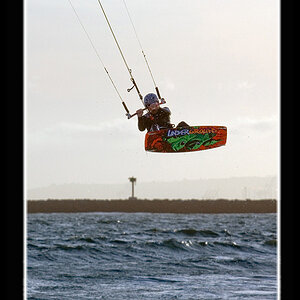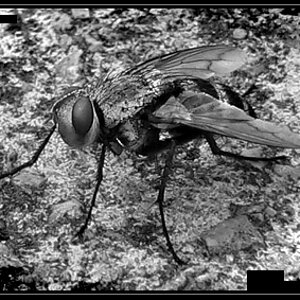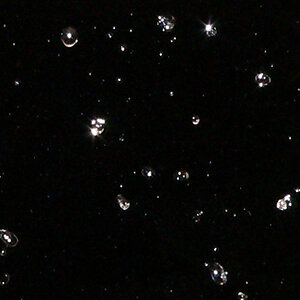- Joined
- Jan 2, 2014
- Messages
- 242
- Reaction score
- 62
- Location
- Atlanta, GA
- Website
- www.elizabethpagewalker.com
- Can others edit my Photos
- Photos NOT OK to edit
Regardless of where we are in our photography career, we all will hit that creative wall where it seems like we're stuck. We all have been there.
For me personally, photography is about capturing not just what I see but how I see it. It is my vision of what's in front of me. I'm not just catching the moment but creating a mood for the viewers to feel that moment with me as if they're there. At least that's my goal for my own photography.
What is your goal for your photography?
Hi there. Thanks for your encouraging reply. This feeling of being stuck though has lasted half a year. I want to make people feel beautiful and comfortable in their own skin. I want them to have that one photograph that they can look at and really like the way they look in it. I want to capture life and all its nuances. But recently, I've just been getting either OOF images or
Out of focus is a purely technical problem. You can fix it by better shot discipline. Alternatively by checking the calibration of your hardware, because if you get it all the time, it might be a problem of your lens or camera being miscalibrated.
Alternatively, you can switch to a manual focus camera (modern mirrorless like the Sony A7* cameras are pretty good at that) and nail focus precisely, by hand, with either the manification or the focus peeking (Fuji X also offers the digital split screen in some of the newer models). Magnification of course is extremely precise, but also a very slow method.
Getting inspiration is a variant of creativity in general. If the pictures you linked are from yourself, you arent too bad at it.
The pictures you linked are very soft in 100% view, but as far as I can see, thats because of a poor quality lens, not because of missed focus (something else is sharp) or camera shake (the blurr is uneven, has direction).
They also appear, as you say, "flat". Unless thats because of post processing, thats a general feature of small sensor cameras. It means they do not have much precision in the way they determine colors. Its what DxOMark calls "color depth". Our eyes have about 8 bit of precision for red and blue, and 9 bit of precision for green; thus an ideal camera would have color depth of 27 bit (3*9 bit, since for the camera its not possible to have different precision on different channels). At the moment, only medium format cameras really get close to this value.
There are however photographers who make such "flat" pictures with great effect, such as iNeedChemicalX@devianart, though many of his pictures also have higher image quality, so I think its more a question of post processing.
The completely blow out sky in your pictures is also typical for small sensors of poor performance.
Either way, the pictures you linked are IMHO very good.
The OOF photos are due to lack of skill on my part, and nothing more in my opinion. I shot the photos with a 50mm f/1.8, however. Since I hadn't yet upgraded to the 50mm f/1.4.
What do you recommend that I upgrade to in order to improve the quality and color depth? I have a Canon 60D body already. Is that considered a small sensor? They always say it's the photographer and not the equipment as long as you have a decent body.
Thank you for your kind words. And yes, the photos are 100% from my myself.



